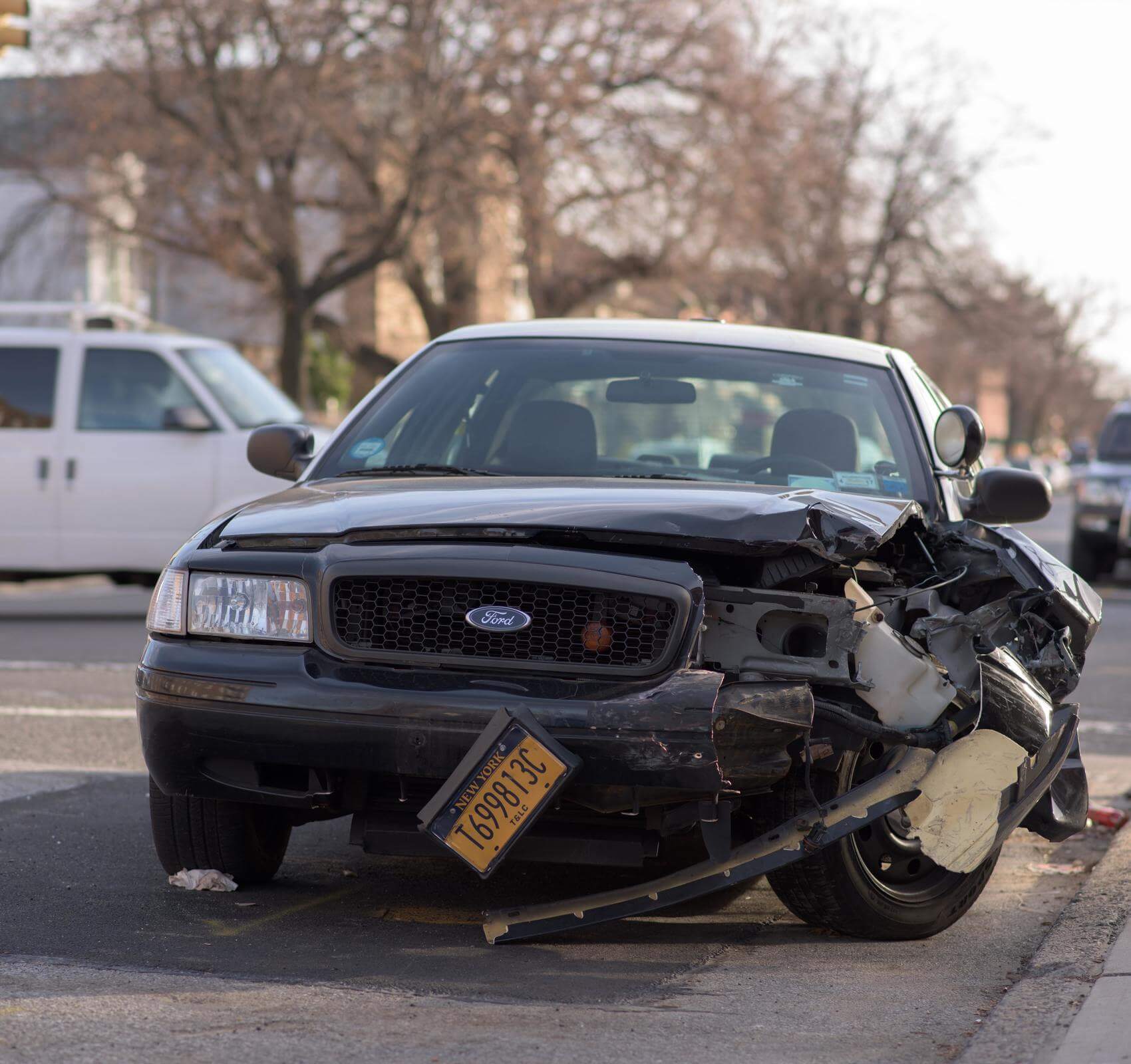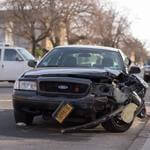

Are Speeding Tickets Moving Violations
The definition of moving violations varies from state to state, and state laws cover most of the violations related to moving.
A moving violation is usually an infraction, but some are misdemeanors. Driving under the influence (DUI) violations, leaving the scene of an accident, and reckless driving are among the most serious moving violations.
Most traffic violations result in fines and driver education programs, but they can also result in prison sentences depending on the severity of the offense. The consequences of a traffic violation conviction, however, can be long-lasting, affecting insurance applications, premiums, and, in some cases, employment.
The laws that govern speeding in states generally fall into two categories:
- The law that specifies a maximum speed limit for a specific setting. An individual state may set different maximum speeds for driving on a state highway (65 mph), a residential street (35 mph), and in a school zone (25 mph).
- A law requiring drivers to maintain an appropriate speed. A driver who travels on a rural highway at 65 mph in torrential rain at night may receive a speeding ticket because he might be deemed unsafe by the hazardous road and weather conditions.
Despite feeling comfortable representing yourself in a minor traffic matter, an experienced lawyer will generally increase your chances of success. A lawyer is needed if you're facing a serious charge such as driving under the influence or reckless driving.
You may also be interested in: Can you get tickets removed from your record?
If you have any questions or need help with your Traffic Ticket, DUI, DWI, Criminal Case, Auto Accident or any other related questions, just give us a call at 425-278-9922 or email us at ken@myticketdismissed.com.









